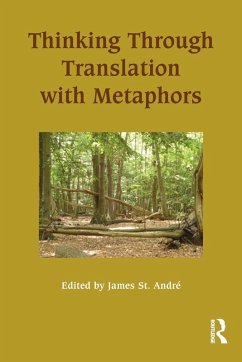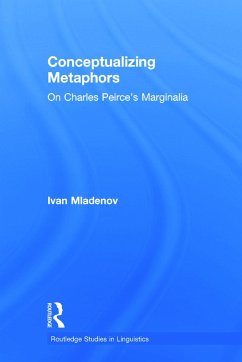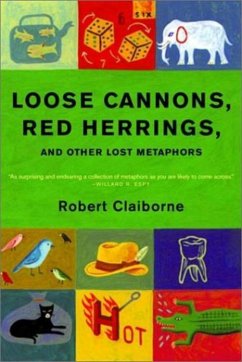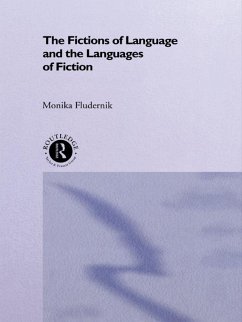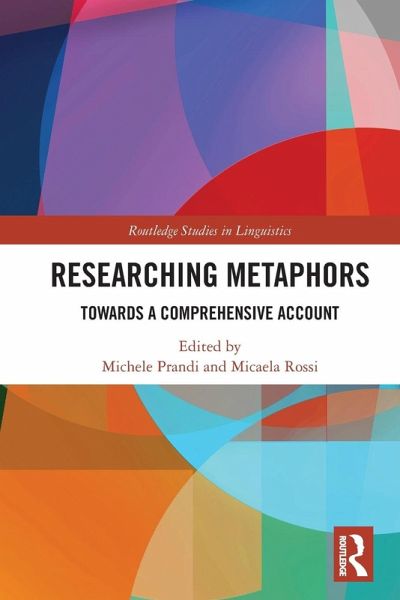
Researching Metaphors
Towards a Comprehensive Account
Herausgeber: Prandi, Michele; Rossi, Micaela
Versandkostenfrei!
Versandfertig in 1-2 Wochen
56,99 €
inkl. MwSt.

PAYBACK Punkte
28 °P sammeln!
This collection advocates for a more holistic picture of metaphor, extending the field's focus beyond the cognitive paradigm and conventional metaphorical concepts to illustrate the possibilities afforded by the study of living metaphors.








